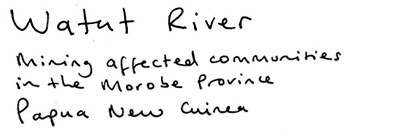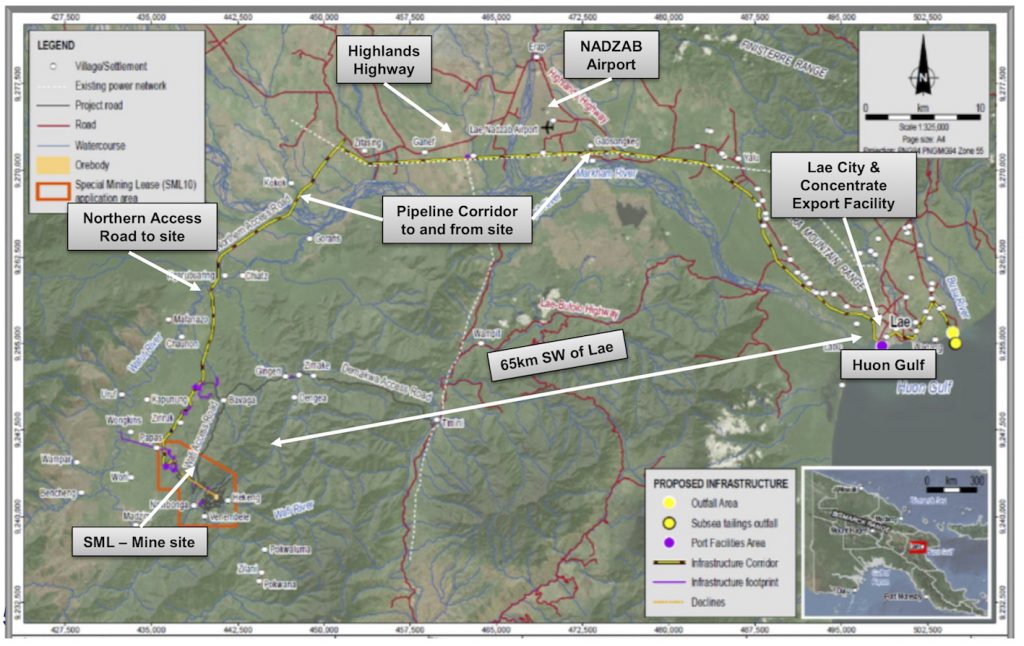20 March 2018
Dear Phil and Modise,
Re: Updated Feasibility Study for Wafi-Golpu released 19 March 2018
In the interests of fairness, transparency and honesty could you please make the scientific studies that provide the basis for the updated feasibility study available to stakeholders, especially to local communities near the mine site, those living downstream, on transport corridors or near the proposed marine mine waste disposal sites. This should include, but not be limited to, any studies that relate too or inform decisions about project design, scale, timing and waste disposal.
Publishing these would allow affected communities and stakeholders to be more fully informed about the potential impacts of various options. Without access to them, any decisions by Newcrest Mining and Harmony Gold will be imposed upon people, rather than seeking their informed consent. Such an approach would raise serious doubts about the legitimacy of the proposed Wafi-Golpu project.
No doubt you will both be aware of serious social, cultural, environmental and economic concerns about the impact of the project, which I, and others, have presented to Newcrest on numerous occasions since 2012. In particular, I draw your attention to concerns identified in the documentary Hidden Valley and associated report Mining in Morobe, Papua New Guinea[1] which was presented to Newcrest at the 2014 AGM.
Similarly, a lack of transparency has been an ongoing problem throughout the project, and I draw your attention to my previous correspondence to Newcrest, on behalf of affected communities, requesting scientific reports. The requests still stand.
In closing, I urge Newcrest Mining and Harmony Gold to adopt a much more respectful approach to this project. Imposing projects on local people belongs to a distant colonial past and should receive no support from a modern company. If your companies remain deaf to an ethical appeal, then I draw your attention to research[2] into the business risks companies face as impacts and risk are transferred from impacted communities to commercial operations.
Given the seriousness of the situation, I look forward to a prompt response.
Yours sincerely,
Charles Roche
Executive Director
Mineral Policy Institute
Letter to Newcrest – Harmony – March 20 2018
[1] See watutriver.com
[2] Franks, D. M., Davis, R., Bebbington, A. J., Ali, S. H., Kemp, D., & Scurrah, M. (2014). Conflict translates environmental and social risk into business costs. Proc Natl Acad Sci U S A, 111(21), 7576-7581. doi:10.1073/pnas.1405135111


